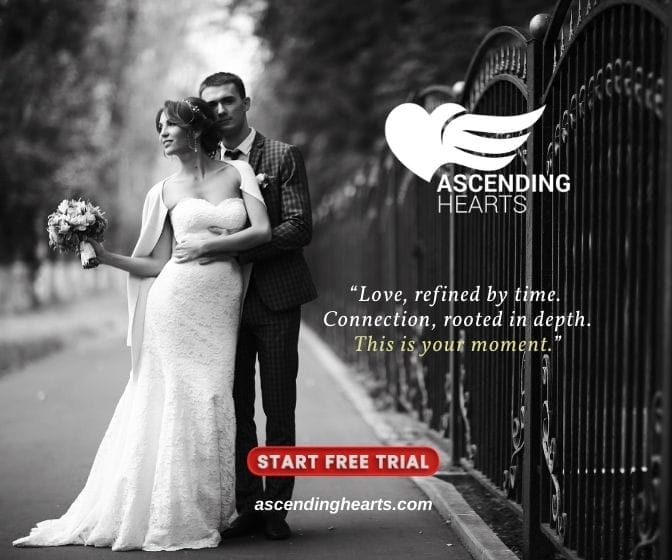Mistaken Beliefs

By Mary Cook, M.A., R.A.S.
To be hurt when we are powerless to protect ourselves, unable to understand and have no tools for resolution, negatively impacts how we see ourselves and our life. When we are wounded by someone’s sickness, we receive not only the pain and consequences of the wound, but the wounder’s way of thinking. So now we not only carry pain that we don’t know how to heal, but we accept a belief system that insures continued pain.
We may then hurt ourselves because we think this is what we deserve, or as a cry for help, or because the pain is so great we wish to die. We might hurt others believing this will rid us of our own pain. If certain people remind us of those who hurt us, we may displace retribution on them. We can become aggressive because it makes us feel powerful and hides our painful vulnerability, or because we think the only way to prevent further hurt is to adopt the opposing role. We can allow or encourage others to hurt us because we accept our wounder’s projected view of us. Perhaps we associate love with control, possession and powerful need. We might believe our only other option is to be alone and we are our worst enemy. Or we may fear the unknown far more than painful familiarity.
Once we let go of our addictions and compulsions, we still have faulty thinking. Present problems re-stimulate feelings from similar past problems and trigger scenarios of potential future problems. Thus our pain, anger and other reactions to current conflicts represent a significant over-reaction. When we cannot separate current from past or potential future problems, we are powerless to find an effective solution. When we cannot distinguish our own identity from our false self or from others’ beliefs and identities, we feel overwhelmingly negative about ourselves, others and our life. This entanglement takes from us the energy that we need to move forward in life and keeps us merely struggling to survive.
We are afraid to surrender our tools of survival forgetting that these tools arose from confusion, despair, fear, horror and rage. Obviously these mental states were not conducive to the development of healthy solutions. Additionally, our first experiences being hurt are usually in childhood when we lack knowledge, options, a variety of support, and control over what happens to us. As time goes on we fail to see how our expectations, assumptions, beliefs and reactions compel us to repeat toxic patterns. Instead we think life is reinforcing our original negative beliefs and we cling ever more tightly to defensive counter-measures against anything or anyone that remotely reminds us of our original suffering. We think we’ve got reality figured out, yet we are perpetually manifesting mistaken beliefs, which halt healing, learning and growth.
Twelve step work directs us to correct these faulty patterns with a paradoxical solution. We are powerless when victimized, thus we think our problem is powerlessness, and we struggle against it. Instead we must learn to discern and accept the areas where we have power and the areas where we do not. We are powerless over the past and future, and denying this perpetuates guilt and worry. We are powerless over people, places and things, and the more we obsess on them, the more angry and frustrated we feel.
We not only have power but a responsibility to put recovery first, to become and remain spiritually fit, to practice honesty and depth in self reflection, to assist others without thought of personal gain, and to cause no further harm to ourselves or others. We must confront and correct within us the consequences and symptoms of harm. Healing is the gradual experiencing of compassion over judgment, understanding over vengeance, and love over fear and hate. We must first have these experiences for ourselves. It is only then that we can genuinely and fully give it to others. When other people remain harmful, we love ourselves enough to keep them close in our prayers and distant from our presence. The people with whom we share healthy reciprocal love, we keep near to us whether they are physically present, distant or departed.
We are challenged by abandonment, abuse, disease, false indoctrination, impoverishment, injustice, loss, trauma and war. To be healed means we’ve exchanged the mistaken beliefs arising from challenges, for personal responsibility in our recovery. We amend the harm we caused others and mend the harm others caused us. Our frame of reference is no longer how others treated us, but how our higher power wishes us to treat ourselves and others. Our vision today tells us how much pain exists in life, how we are all interconnected, and how only beliefs and behaviors born of divine love can make it bearable and bring blessings back into life.
Click HERE to Connect with your Daily Horoscope!
About the Author
Mary Cook is the author of “Grace Lost and Found: From Addictions and Compulsions to Satisfaction and Serenity”, available from Amazon.com, etc. Mary has 37 years of clinical practice and 29 years of university teaching experience. She is available for telephone and office counseling, guided meditation, and speaking engagements. Visit her at her Facebook and www.MaryCookma.com.
OMTimes Magazine is one of the leading on-line content providers of positivity, wellness and personal empowerment. OMTimes Magazine - Co-Creating a More Conscious Reality




